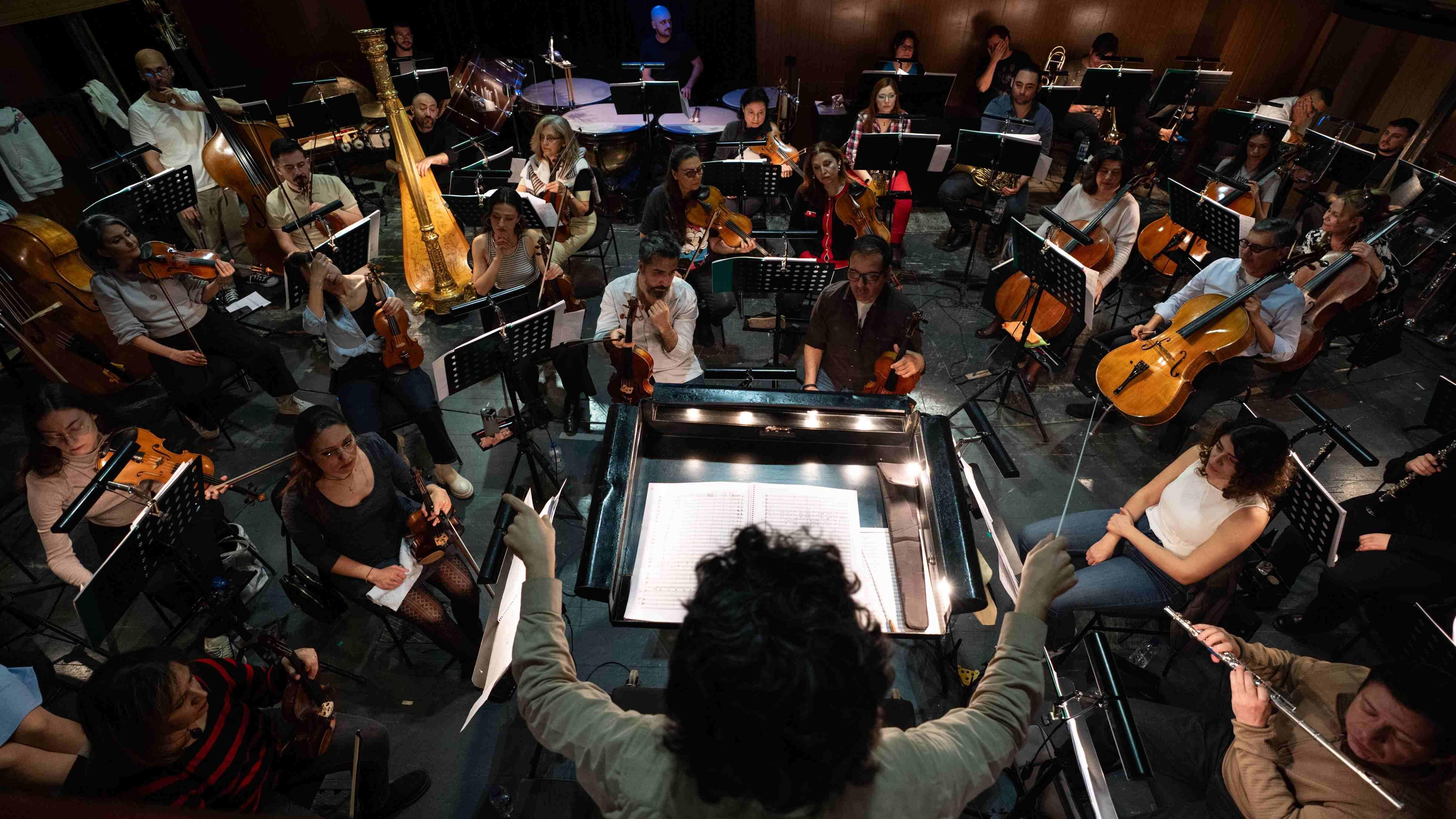EU court bans patents of stem cells if embryo destroyed
LUXEMBOURG - Agence France-Presse

A human embryo is seen as part of an exhibition in a museum of a medical institute, in Semipalatinsk, some 50km from Kurchatov-city and 700 km from Astana, on August 23, 2011. AFP photo
Europe's top court on Tuesday banned researchers from patenting any process to extract stem cells when it leads to the destruction of a human embryo.
In a ruling that could affect medical research, the EU Court of Justice court said the use of human embryos "for therapeutic or diagnostic purposes which are applied to the human embryo and are useful to it is patentable." "But their use for purposes of scientific research is not patentable," the court ruled.
The EU judges were asked by the German Federal Court of Justice to provide an interpretation of a human embryo following an appeal from a German scientist, whose patent on a method to create nerve cells from human embryonic stem cells was ruled invalid.
The scientist, Oliver Bruestle, said there were already clinical applications for his invention to treat patients with Parkinson's disease.
But the Luxembourg-based court said that "a process which involves removal of a stem cell from a human embryo at the blastocyst stage, entailing the destruction of that embryo, cannot be patented." Blastocyst is a later stage of embryonic development, almost five days after fertilisation.
















